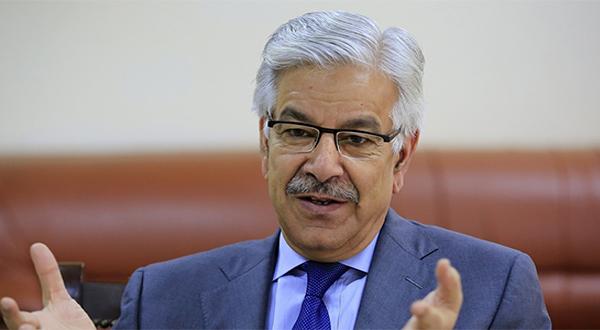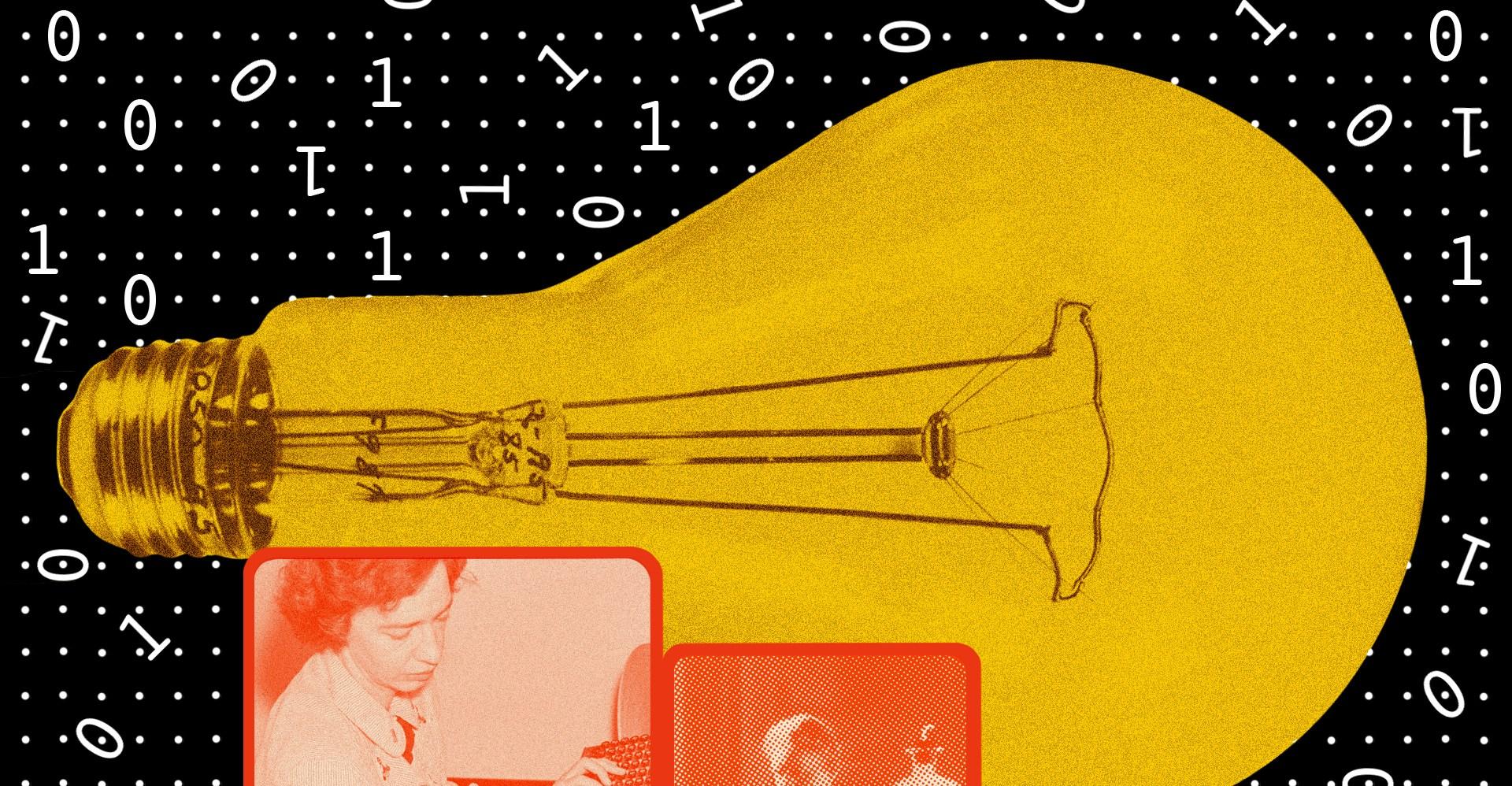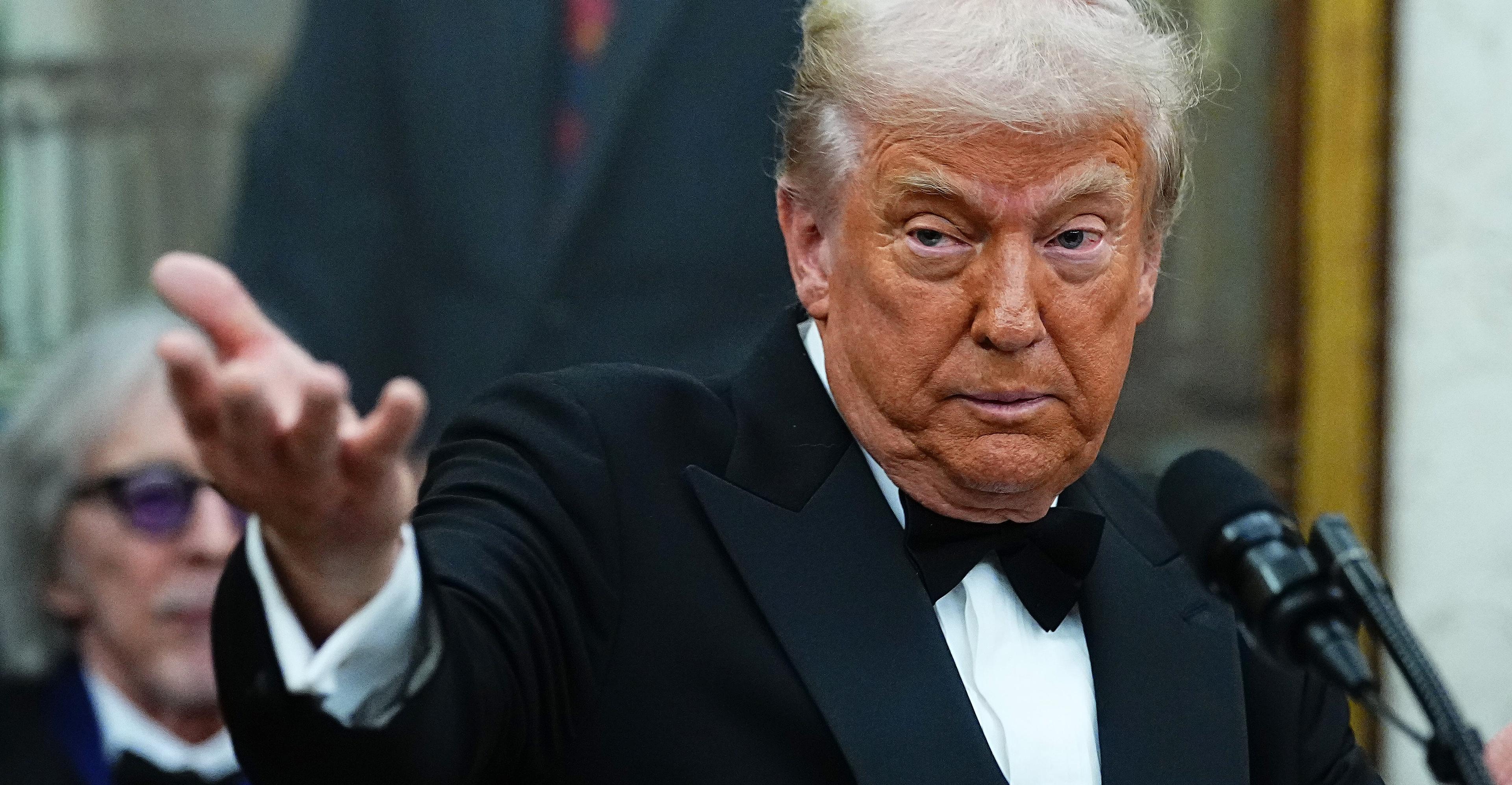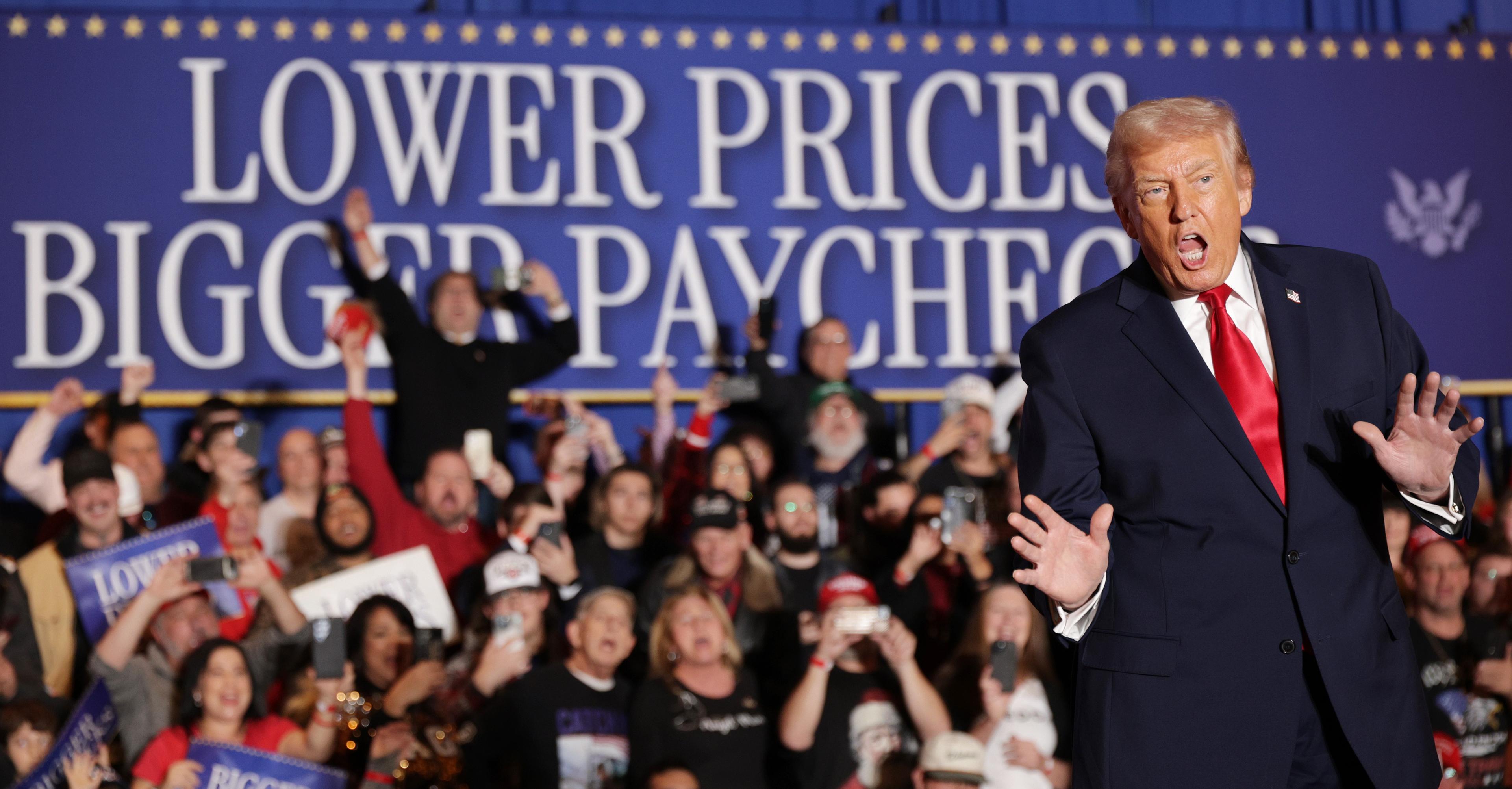There is a need to improve the overall business environment, particularly for small enterprises.


Washington: The Country Director Naji Benhasin of World Bank said that Pakistan's current economic model is not working.
Naji Benhasin wrote in a Policy Vision article published in the latest edition of the United Nations Development Program (UNDP) that Pakistan's economic model is not working because it has lagged behind its neighbors. The significant progress in poverty alleviation has now begun to reverse as the benefits of development have accrued to an elite.
He said there is broad consensus that action is needed to change policies that stifle development, benefit only a few, and lead to very unstable and low growth.
In UNDP's quarterly development magazine, Development Advocate Pakistan, Naji stated that Pakistan is facing severe climate change where the potential devastating effects of natural disasters are already evident, which has prompted Pakistani authorities, civil society and intellectuals to take important development initiatives in the country and provide a platform to exchange ideas on solutions.
The World Bank country director emphasized that policy failures and dysfunctions in the critical agri-food and energy sector must be addressed, with reforms needed to eliminate subsidies and price restrictions in agriculture.
WB official added that progress towards financial stability from energy sector reforms with increased private participation should stabilize, improve the efficiency of distribution companies while the high cost of power generation should be addressed through increased renewable generation.
He further stated that fiscal management needs to be urgently improved. The debt servicing costs and cost of domestic revenue mobilization are at unsustainable levels which leaves insufficient resources to invest in human development and infrastructure, address economic challenges and adapt to a changing environment.
The World Bank country director suggested that in addition to making reforms to stabilize and improve the quality of government spending, it is also important to reduce destructive subsidies and reduce losses from inefficient state-owned enterprises, including in the energy sector.
There is a need to improve the overall business environment, particularly for small enterprises, with the elimination of red tape and costly discretionary opportunities in government dealings with businesses being paramount.
Naji Benhasin said that overcoming structural macroeconomic imbalances, especially on the fiscal side, will remain a condition to ensure a more stable economic environment to attract investors.
Blue Jays acquire right-hander Lee from Tigers
- 4 گھنٹے قبل
NHL board of governors eager to see more 'color vs. color' jersey matchups
- 4 گھنٹے قبل

Anti-state elements to be held accountable: Kh Asif
- ایک دن قبل

ChatGPT’s ‘adult mode’ is expected to debut in Q1 2026
- 7 گھنٹے قبل
Jays president Shapiro given new 5-year deal
- 4 گھنٹے قبل
Source: Gray, Nats reach deal to avoid arbitration
- 4 گھنٹے قبل
Sources: Rangers address needs with 3 signings
- 4 گھنٹے قبل
Diaz picked Dodgers because 'I'm looking to win'
- 4 گھنٹے قبل
Inclusion of Parekh, Misa is a step in right direction for Canada at World Juniors
- 15 گھنٹے قبل

No one knows what to call these things
- 7 گھنٹے قبل

We’re running out of good ideas. AI might be how we find new ones.
- 14 گھنٹے قبل

Tremors felt in Balochistan's Barkhan, surroundings
- ایک دن قبل











